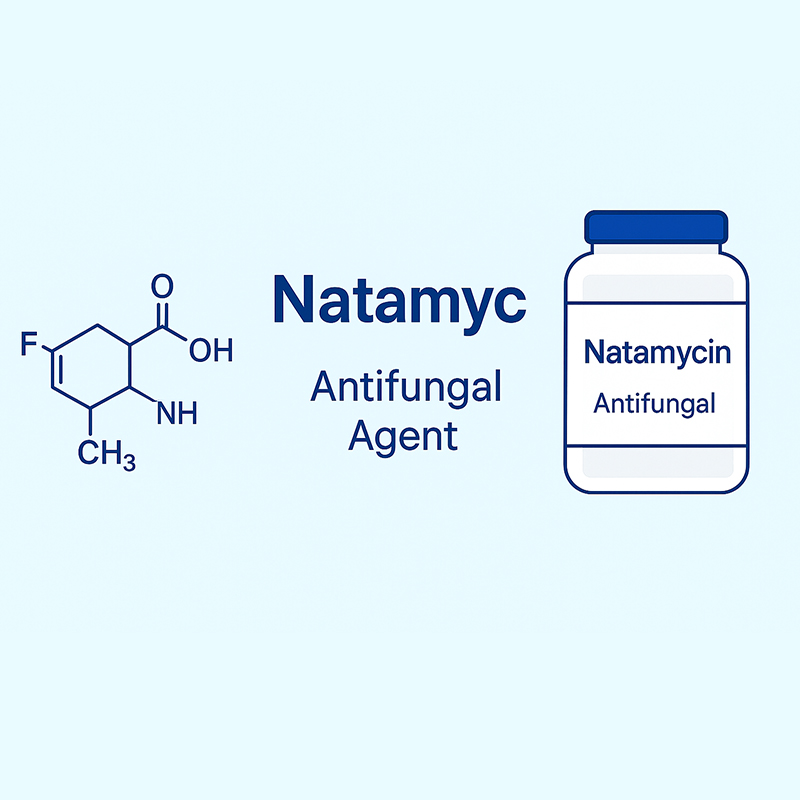Mold Control and Shelf-Life Enhancement in Naturally Brewed Soy Sauce
Introduction: Soy sauce is a staple in many cuisines, particularly in Asia, and naturally brewed soy sauce is prized for its depth of flavor and authenticity. However, surface mold growth and microbial instability, particularly in low-salt formulations, are common issues that can affect product quality and shelf life. In recent years, consumers have shown increasing demand for soy sauces that are free from synthetic preservatives, such as sodium benzoate or potassium sorbate. This case explores the application of Natamycin and ε-Polylysine to naturally preserve soy sauce without compromising its clean-label integrity.
Problem:
Surface Mold: In naturally brewed soy sauce, mold growth often occurs during storage or after opening, especially when exposed to air or humidity.
Microbial Instability: Low-salt formulations are particularly vulnerable to bacterial contamination, which can result in spoilage and shorter shelf life.
Consumer Demand: There is an increasing demand for soy sauces with no artificial preservatives, such as sodium benzoate or potassium sorbate, as consumers look for healthier, more natural options.
Solution: To address these issues, a combination of Natamycin and ε-Polylysine was applied as a clean-label preservative solution. Natamycin 0.01% was added post-fermentation and before final filtration to control mold growth. This action ensured that mold did not form during storage. Additionally, ε-Polylysine 0.05% was included to stabilize the product against residual bacteria, ensuring microbial stability, particularly in low-salt formulations.
Results:
Mold-Free for 12 Months: The treated soy sauce remained mold-free for 12 months under ambient storage conditions, extending its shelf life significantly.
No Visible Precipitate or Flavor Impact: The use of Natamycin and ε-Polylysine did not result in any visible precipitate or alter the flavor profile of the soy sauce, ensuring that the product maintained its original quality.
Clean Label Compliance: This natural preservation method is clean-label compliant and adheres to regulatory standards in China, the EU, and Southeast Asia, where clean-label products are increasingly in demand.
Conclusion: By incorporating Natamycin and ε-Polylysine into the production of naturally brewed soy sauce, manufacturers can significantly extend the product's shelf life while preventing mold growth and maintaining the authentic flavor profile. This clean-label solution not only meets consumer demands for natural preservatives but also complies with regulatory standards across major markets, including China, the EU, and Southeast Asia.

.jpg)